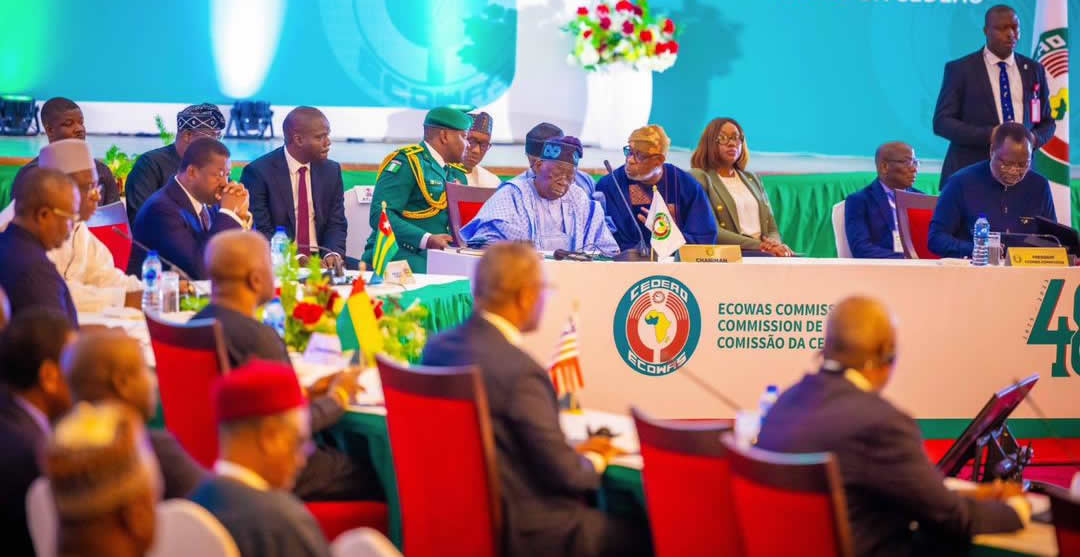
West African countries are navigating a complex landscape of economic initiatives, political developments, security operations, and international diplomacy, according to reports from multiple regional news outlets on Thursday, August 21, 2025.
In Senegal, Prime Minister Ousmane Sonko reiterated his commitment to positioning the private sector as “the driving force of economic recovery.”
Speaking to representatives from sixteen business organizations, he acknowledged the fragility of public finances while emphasizing a collaborative approach with economic stakeholders.
Sonko highlighted the GTA gas project, expected to come online in 2026, which he said would secure domestic gas supply and reduce the national energy bill by 143 billion CFA francs.
Mali is witnessing a stark political shift. Former Prime Minister Choguel Kokalla Maïga was placed in custody on August 19 over allegations of damaging public property.
Once a prominent advocate of national sovereignty, Maïga now faces his first hours behind bars, marking a dramatic turn in his political trajectory.
Burkina Faso is addressing the challenges posed by digital education. Authorities from the Ministry of Secondary Education and the Commission for Information Technology and Civil Liberties have warned against the spread of false information surrounding students’ “patriotic immersion” programs. Officials stressed that mobile phones are prohibited during these civic exercises and urged greater responsibility from both young people and internet users.
In Niger, flood management remains a pressing concern. According to the National Committee for Flood Prevention and Management, 7,229 households, or over 52,000 people, have been affected by the 2025 rainy season.
A second wave of food aid has been launched, building on assistance provided to nearly 1.5 million flood victims in 2024.
Guinea faces dual crises: a landslide in the Lower Coast destroyed a dozen homes, mobilizing volunteers and civil protection teams, while two suspected drug traffickers—one from Sierra Leone and a Guinean resident in France—were arrested at Conakry airport with 1.7 kg of cocaine concealed in pellets and shoe soles.
In Côte d’Ivoire, the ruling RHDP party reports exceeding the sponsorship quotas required by the electoral code reform, signaling strong territorial presence ahead of the presidential election.
Regionally, Togolese President Faure Gnassingbé attended the Ninth Tokyo International Conference on African Development (TICAD 9), pledging to deepen cooperation with Japan in ports, energy, and agriculture while promoting continental peace and social cohesion.
Internal security remains a priority across the sub-region. Kano State in Nigeria announced an amnesty program for repentant thugs, registering over 700 youths for rehabilitation and reintegration.
Meanwhile, Ghanaian authorities are preparing for the Akwatia by-election on September 2, with Inspector General of Police Christian Tetteh Yohuno assuring readiness to secure the vote.
Across West Africa, these developments highlight a region balancing economic ambition, political volatility, and security imperatives in a rapidly changing landscape.



